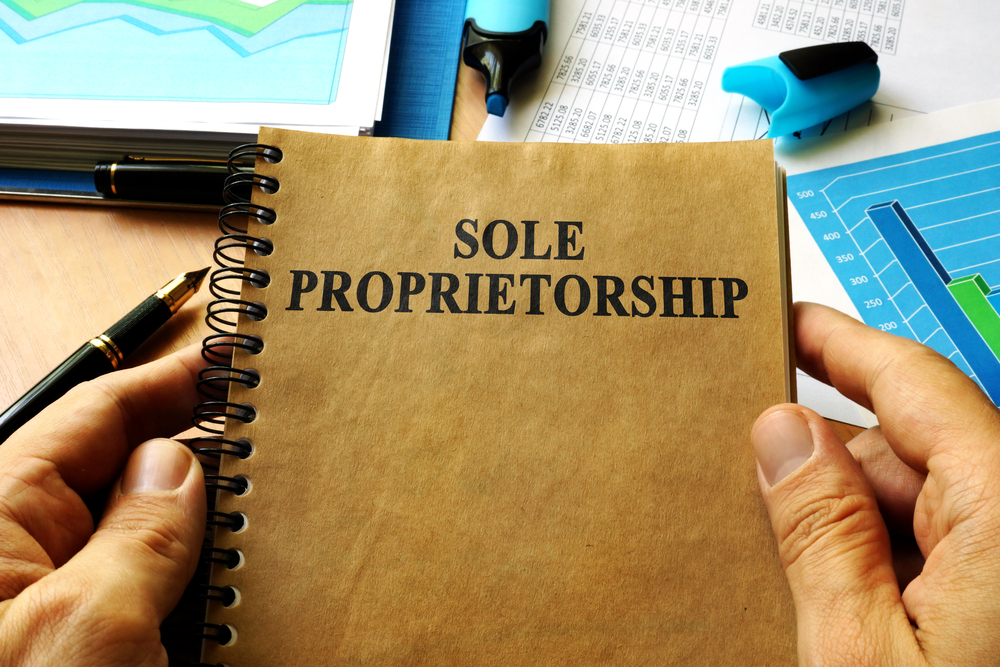
2020 has been a difficult year for consumers and businesses alike. The economic shutdown due to COVID-19 concerns had a particularly challenging impact on small businesses, including sole proprietorships. These are businesses operated by one individual without formal legal formation with the State of Tennessee.
Sole proprietorships can be beneficial business arrangements, though one downfall is the lack of personal liability protection for owners. This means that sole proprietors can be held personally responsible for the debts and expenses of the company. If your sole proprietorship is struggling in 2020, your personal savings, home, and other property might be at risk if you do not take proper action. The good news is the Chapter 7 bankruptcy might help.
Chapter 7 for Sole Proprietors
Because a sole proprietor’s personal and business debts are the same, Chapter 7 bankruptcy might be able to wipe out all qualified debts. You can file a case and include all of your debts, including the company’s unpaid bills and contracts.
The bankruptcy trustee can seize personal property that is not protected by the Tennessee bankruptcy exemptions. Fortunately, many people are able to protect most of their personal property with these exemptions, so there might be little to lose. However, most business property, such as remaining inventory or assets, will be non-exempt. This means the Chapter 7 process often involves liquidating the entire business before the debts can be discharged. This can help you close your company’s doors while resolving your debts, allowing you to move on to your next venture.
Consult with a Chapter 7 Bankruptcy Lawyer in Memphis Today
If you are a sole proprietor who is struggling, a Memphis Chapter 7 bankruptcy attorney at the Hurst Law Firm, P.A., can help. Call 901.725.1000 or contact us online for a free consultation and evaluation.


